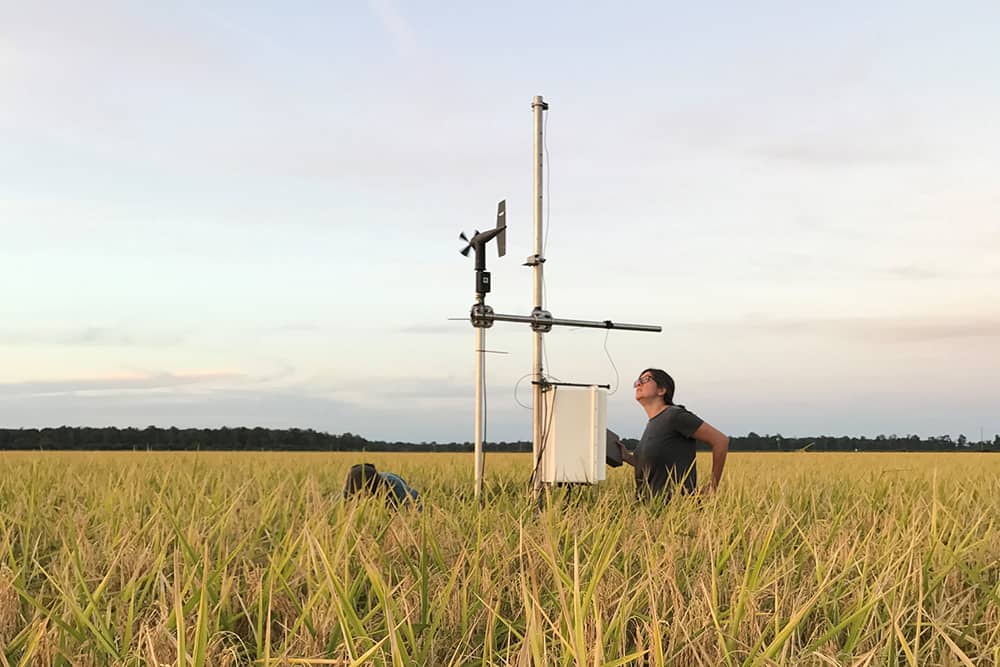Forum: Nature-Based Climate Solutions

FORUM: NATURE-BASED CLIMATE SOLUTIONS/HNRC 300VH-003 (11341)
R 4:00-5:15 P.M., FALL 2022
Note: This is a one-credit course. Only register for one hour of course credit.
Nature-based Climate Solutions have been proposed to either harness the photosynthetic power of ecosystems to store carbon in soils and vegetation, or to reduce existing emissions of greenhouse gases from agricultural and other managed landscapes. This set of strategies provokes new ways of thinking about the landscape, changes in land management approaches, and different types of policy-making and economic bookkeeping. There also remain significant scientific questions on how to measure and predict land-atmosphere carbon exchange, soil carbon storage, and reduced emissions. Many Nature-based strategies will bring environmental co-benefits like biodiversity, sustainable food production, and improved water quality. However, others may bring harms such as increased labor, fire risk, and unequitable societal impacts (e.g., environmental racism). There is also much to be learned about resource management from, and with, indigenous communities – this insight includes fire management, traditional agriculture, and ways of knowledge.
A goal of the course is to outline a Nature-based Climate Solutions strategy for Arkansas,
assessing scientific potential and political-economic opportunities. We will assess
opportunities in Arkansas’s varied landscapes, including row crops, forestry, pasture,
and urban areas. In each case there will be scientific uncertainties, political and
economic realities, and social expectations to contend with.
Benjamin Runkle leads a research group that aims to enhance our understanding of globally-relevant landscapes through connections between the carbon and water cycles. His research on rice irrigation practices has helped quantify a water-saving technique that significantly reduces the greenhouse gas production of these food-providing landscapes. Runkle has mentored Honors students to examine questions related to irrigation water use, rice plant growth dynamics, and modeling agricultural systems. One of these theses has even been published in the peer-reviewed literature. In 2018, Runkle helped initiate a team research grant focused on the campus’s green roof on Hillside Auditorium that also supported several individual honors research theses. He also co-leads a study abroad course to Ghent, Belgium, that attracts many Honors students.
About Benjamin Runkle:
 Runkle has been recognized as an outstanding teacher by the University of Arkansas
Alumni Association, the American Society of Engineering Education, the College of
Engineering, and the Department of Biological & Agricultural Engineering. In research,
he has received recognition from the Rice Technical Working Group, the College of
Engineering, and the NSF, who awarded him a CAREER grant on climate-smart irrigation
strategies for rice agriculture. In service, Runkle has co-advised the LGBTQ+ affinity
group, oSTEM at the University of Arkansas, since its inception in 2018.
Runkle has been recognized as an outstanding teacher by the University of Arkansas
Alumni Association, the American Society of Engineering Education, the College of
Engineering, and the Department of Biological & Agricultural Engineering. In research,
he has received recognition from the Rice Technical Working Group, the College of
Engineering, and the NSF, who awarded him a CAREER grant on climate-smart irrigation
strategies for rice agriculture. In service, Runkle has co-advised the LGBTQ+ affinity
group, oSTEM at the University of Arkansas, since its inception in 2018.